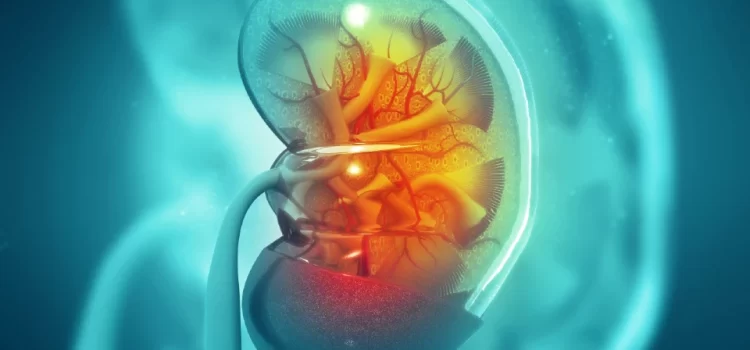Urgent Message: Cerebral venous thrombosis is a serious cause of headache that can present in a variety of manners, including sudden-onset or “thunderclap” fashion. Caroline S. Mifsud, OMS-IV; Jordan L. Jones, OMS-IV; Michael B. Weinstock, MD Citation: Mifsud C, Jones J, Weinstock M. Expanding the Differential of Thunderclap Headache Beyond Subarachnoid Hemorrhage: A Case Report. J Urgent Care Med. 2024; 18(8):21-24 Key Words: dural sinus thrombosis, cerebral venous thrombosis, headache, thrombophilia, case report Abstract Introduction: …
Read More









